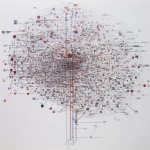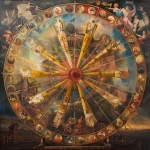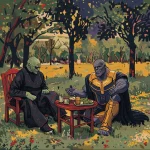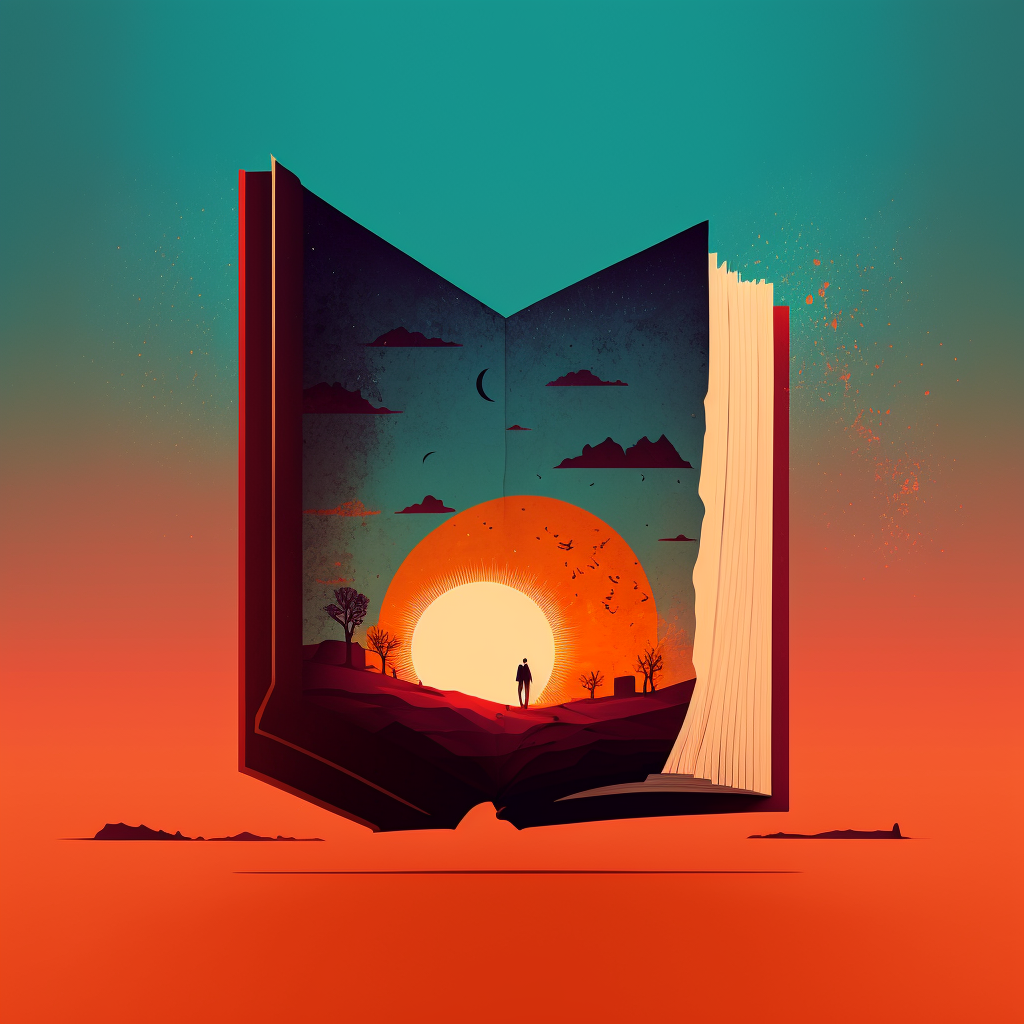Featured Content
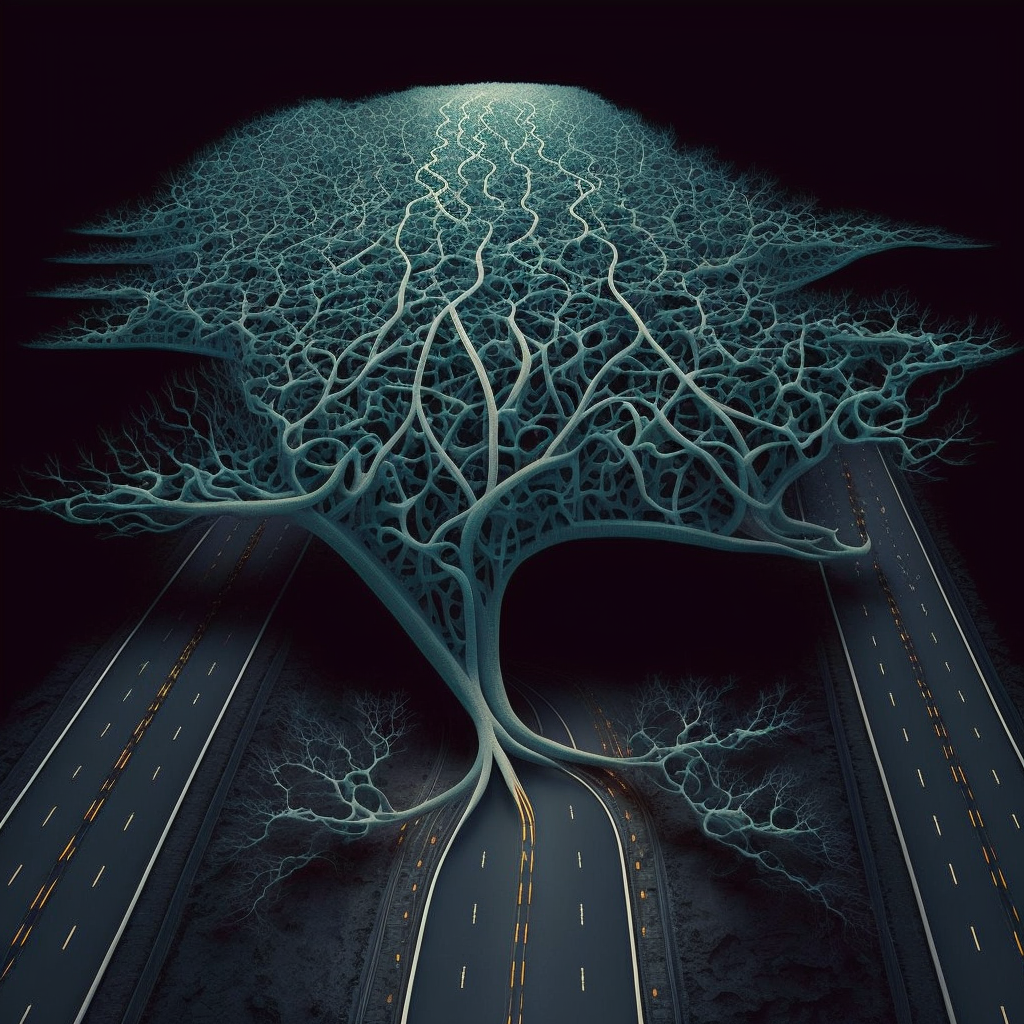
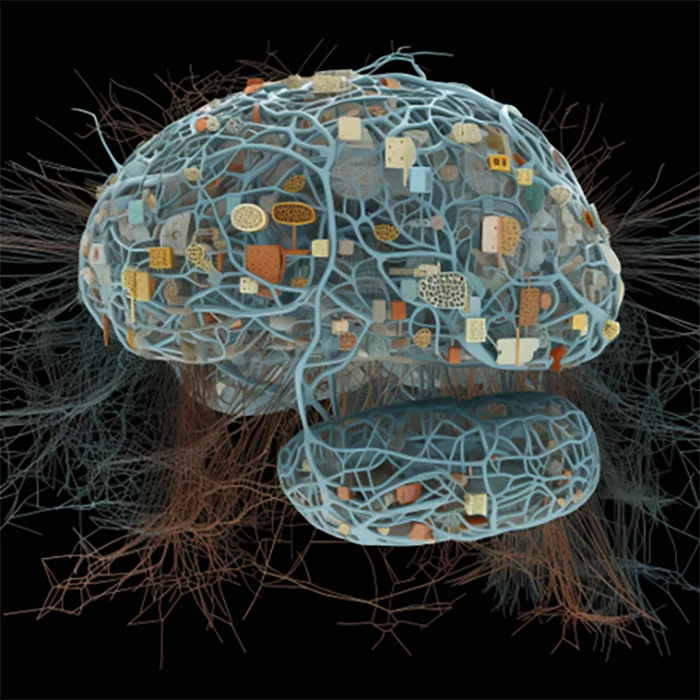

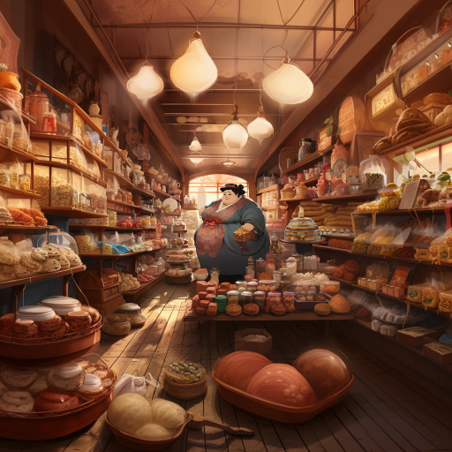
Recent Essays
- The Three Senses of “What Now?”We may contemplate our future with dread and uncertainty or with joy and anticipation. But sometimes we see no future. I came to Ann Patchett’s “What Now?” in the meandering vein of “Things I learned Enroute to Looking Up Other Things” columns. I read Dutch House, which convinced me that Patchett was a good writer. So… Read more: The Three Senses of “What Now?”
- Our Dying Breath: Exhalation and ALSTed Chiang’s Exhalation is a classic Sci-Fi short story. Brilliant, evocative, thought-provoking, deeply humanistic and inspirational. It tells of the end of days for race of mechanical men undone by the remorseless laws of the universe. It’s the title story of his 2019 collection, and while that collection is chock-full of great stories (especially the remarkable opening story), Exhalation stands… Read more: Our Dying Breath: Exhalation and ALS
- ChatGPT Doesn’t Think. It Just Guesses the Next Best Word.Isn’t that what we…? ChatGPT and LLMs (Large Language Models of which ChatGPT is an exemplar) have taken the world by storm and triggered a hype cycle equivalent to the original dot.com boom. Almost everyone has tried ChatGPT (200 million active users and counting), and EVERYONE has seen the results of LLMs just by using… Read more: ChatGPT Doesn’t Think. It Just Guesses the Next Best Word.
- Whatever Our Beliefs, We Suffer TogetherC.S. Lewis’ short book on grief covers the slow curve from the abyss to recovery. I read C.S. Lewis’ A Grief Observed because…well, when you’re a reader and you’re struggling with losing someone, you naturally read about…grief. Lewis lost a wife of not so many years. A wife he found late enough in life to know how precious their affection… Read more: Whatever Our Beliefs, We Suffer Together
- What is it About Music that Plucks the Strings of Grief?Three times in the past few weeks I have found myself in tears. Three times! This is not normal for me; sadness is not my métier. A descent into tears is as unusual for my remorselessly cheerful nature as passing up a good bakery. There are reasons for grief. Reasons good enough that I need… Read more: What is it About Music that Plucks the Strings of Grief?
- Rebranding AtheismA recent essay by Benjamin Cain on Medium got me thinking about something that, to be honest, I don’t spend much time on – religion. Cain’s essay is a convincing takedown of John Vervaeke’s nontheism as a real alternative to atheism. Vervaeke claims that atheists and theist share a common conception of the sacred — a conception… Read more: Rebranding Atheism
- Too Old (or Too Comfortable) for Romantic LoveAbout two months ago I picked up J.M. Coetzee’s The Pole — a compact story of late life romantic love. I enjoyed it so much I immediately went on to Waiting for the Barbarians and then Disgrace. You know you’ve enjoyed a story when, after finishing, you immediately find another by the same author. But that second book can be… Read more: Too Old (or Too Comfortable) for Romantic Love
- Damn It! Politeness is a VirtueNobody seems to give a damn about politeness. Until, that is, they are treated rudely, ignored, made to feel ignorant or displaced, or pushed aside in a queue. Then, suddenly, we see all too clearly how much we appreciate polite society. Those moments do not translate into the world of ideas, where “polite society” is a… Read more: Damn It! Politeness is a Virtue
- Is Love a Virtue?Virtue theories are the only strand of modern ethical thinking that makes much sense in light of cognitive science. Utilitarian calculus becomes a funhouse of infinite regress in a world where experience changes both who we are and what we value. It didn’t take cognitive science to cast doubt on Kant’s strange metaphysics of freedom… Read more: Is Love a Virtue?
- Utopia: Its the People You’re WithPeople are the essence of what makes a community and it’s hard to imagine anything could be more important. If we don’t like the people, we won’t like the community. If we do, we will. It really is that simple. But deciding what kind of people you’d want in your utopia turns out to be trickier than you might think.



